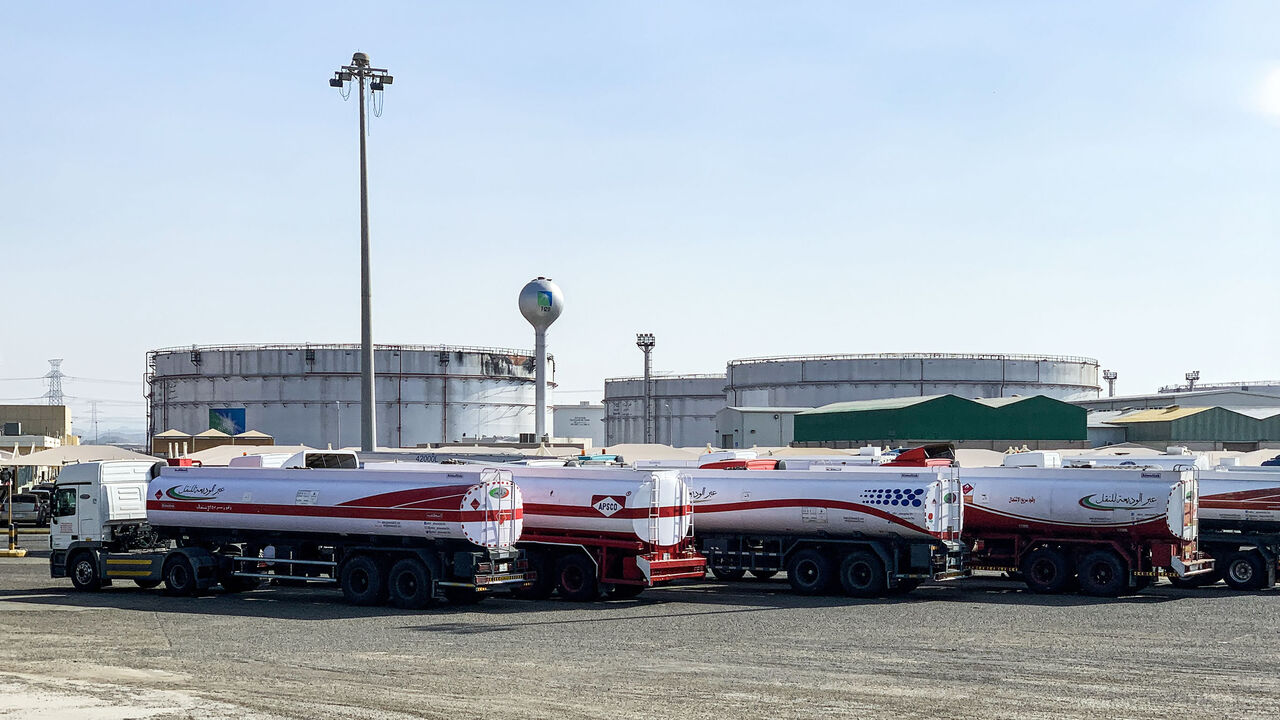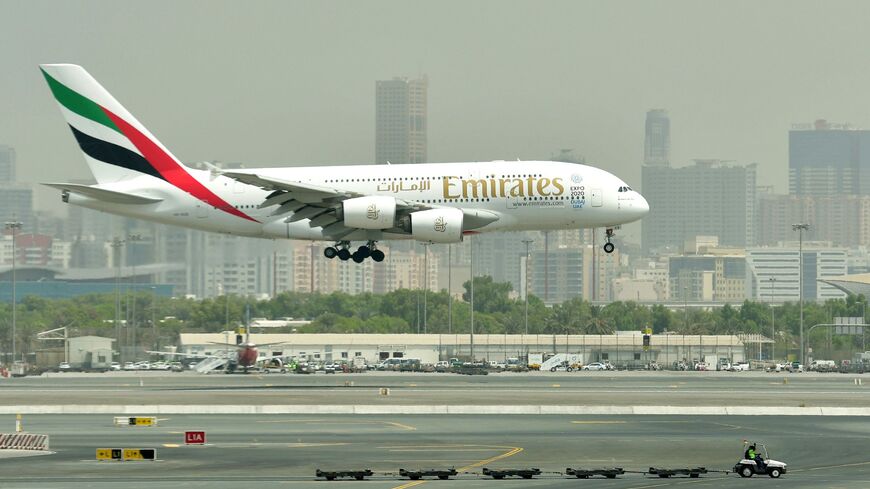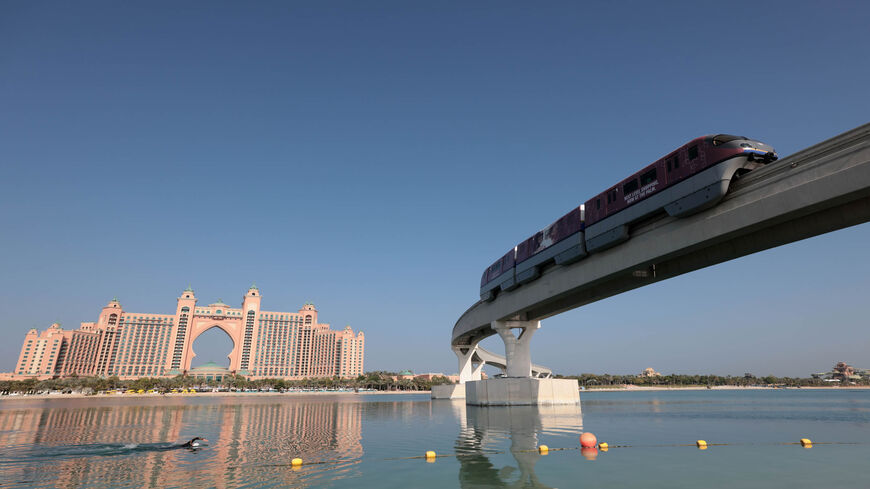Petrochemicals take center stage in Gulf’s new oil playbook
Building on experience gained from decades of exporting low value crude oil that fueled the global economy, Gulf countries beef up production capacities of higher value petroleum products to bring a greater chunk of the oil’s value chain closer to home.

Gulf countries’ strategy has become more sophisticated; the era of leaving money on the table has ended. “There is one end that is oil, gas and green energy, and there is the other end, which is the end consumer goods. I see Gulf countries basically pushing along the whole chain. I think that is very clever to do because you basically fill the whole scope,” Udo Huenger, vice president for the Middle East at BASF, one of the world’s largest chemical companies, told Al-Monitor.
The chemical industry has emerged as a major industrial sector in the Gulf Cooperation Council (GCC) region as the global economy has grown increasingly dependent on chemicals derived from fossil fuels, known as petrochemicals, and are used in a wide range of products, from plastics to pesticides and fertilizers, packaging, detergents, synthetic fibers, electronic equipment, and so on. In 2021, the $96 billion industry employing 210,000 people across the region contributed 5.6% to its total gross domestic product (GDP) and made up more than half of the manufacturing GDP.
Globally, the GCC is a chemical heavyweight. Saudi Basic Industries Corporation, known as SABIC and majority owned by Saudi oil giant Saudi Aramco, is one of the world’s largest petrochemical manufacturers. Fertiglobe, a company in Abu Dhabi, is the Middle East’s largest producer of nitrogen fertilizers, and Jebel Ali Free Zone, a free zone in Dubai, is home to more than 530 petrochemical companies. Since the early 2000s, the GCC’s market share in global chemical production capacity has more than doubled to 6.7%. Yet the region’s share in global revenue is roughly three times lower at 2.4%, pointing to exports of low value products while importing 20 million tons of chemicals each year, mainly value-added ones.
Chemicals are not final goods
Subscribe for unlimited access
All news, events, memos, reports, and analysis, and access all 10 of our newsletters. Learn more
Continue reading this article for free
Access 1 free article per month when you sign up. Learn more.
By signing up, you agree to Al-Monitor’s Terms and Conditions and Privacy Policy. Already have an account? Log in






.jpg?h=502e75fa&itok=bfs8C-67)
